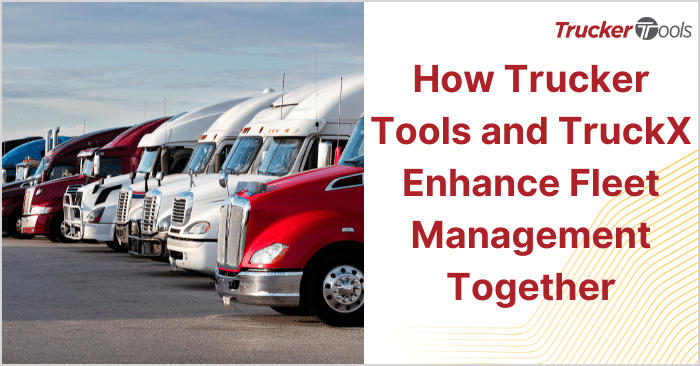This blog is dedicated to one of the major players in trucking and transportation: the freight broker. While there are lots of different roles and nuances within freight brokerage, freight brokers and freight brokerage companies specialize in one primary activity — and that is finding transportation for manufacturers and distributors who need to transport freight. Brokers play the essential role of middleman between shippers that need ground transportation for their freight and motor carriers in need of freight to haul with their commercial trucks.
What Does a Freight Broker Do?
Freight brokers specialize in finding and securing transportation for companies that need to move their goods. Freight brokers negotiate rates, terms and conditions with motor carriers to transport freight across oceans, countries, states and/or provinces. Manufacturers and distributors use freight brokers because they have the skills, resources, technology and training to ideally find the best freight rates and best carriers for moving their goods. Carrier relationships, access to real-time technology and good communication typically influence a freight broker’s success.
When Are Freight Brokers Needed?
Manufacturers and distributors typically turn to freight brokers when they are seeking cost reductions in their transportation-related expenses. Shippers work with freight brokers because of their deep knowledge of the transportation industry, industry trends and (most notably) freight rates. Even when companies shipping goods have transportation experience in-house, they may turn to a freight broker if they need special handling on loads or when they have a large volume of freight to move unexpectedly. Freight brokers also often have existing relationships with carriers that make securing truckload capacity cheaper and faster for shippers. Freight brokerages may offer multi-modal transportation services (air, expedited, ground, rail) or warehousing capacity that prove valuable to shippers, as well.
Carriers and independent owner operators may choose to work with a freight broker if they don’t have existing relationships with shippers. They also may opt to use a freight broker when they want to expand their business within a certain sector or lane but don’t have the resources or time to develop new customer relationships directly.
The Benefits of Using a Freight Broker
Benefits For Shippers
Freight brokers leverage their transportation industry expertise to provide three primary benefits to shippers:
- They leverage their industry knowledge and existing relationships with motor carriers to negotiate the best rates possible. Brokers possess deep knowledge of trends, rates and lanes that ultimately often lead to lower rates for shippers.
- Freight brokers are responsible for vetting and choosing high-quality, reliable carriers for each load, which means they take carrier vetting and onboarding off the plates of shippers.
- Freight brokers manage all aspects of the shipment once it’s been picked up by the carrier. Freight brokers arrange pickup and drop-off times with carriers, monitor in-transit status and arrival times, optimize routes for carriers, address delays and unforeseen events as they occur, and pay carrier invoices.
Benefits For Carriers and Owner Operators
Many carriers (and owner operators) work with freight brokers because they can keep their trucks filled and busy. According to data released by the American Trucking Associations earlier this year, nearly 96 percent of the more than 750,000 trucking companies actively operating in the United States are small businesses running 10 or fewer commercial trucks. That means most carrier capacity is provided by small enterprises with limited staffing and resources.
Other benefits that help keep drivers happy on the road!
- Brokers also often handle route-planning for drivers/carriers and do all that they can to ensure the shipment is delivered on time.
- Freight brokers also tend to offer quick pay options to carriers, which means carriers may get paid faster.
- Without freight brokers, carriers and owner operators must cultivate relationships with shippers directly, which requires time, resources and staffing that the carrier may not have in place.
Types of Freight Brokers
There are four scenarios in which carriers and shippers can partner with freight brokers. Within the trucking and transportation industries, the term “freight broker” can refer to the company with the freight broker license or to the individual people brokering freight within the company.
- Logistics companies (also known as 3PLs) that offer freight brokerage as one of their services to shippers also hire freight brokers.
- Licensed freight brokers usually have their own companies and may hire other brokers.
- W-2 freight brokers (sometimes referred to as freight broker agents) work for a company with a freight broker license.
- It’s also possible to work for a company as a contracted 1099 freight broker.
For a deeper dive on freight brokers, read “How Brokers Find Loads,” “How To Be a Freight Broker,” and “10 Tips for Brokers for Finding Shippers.”






